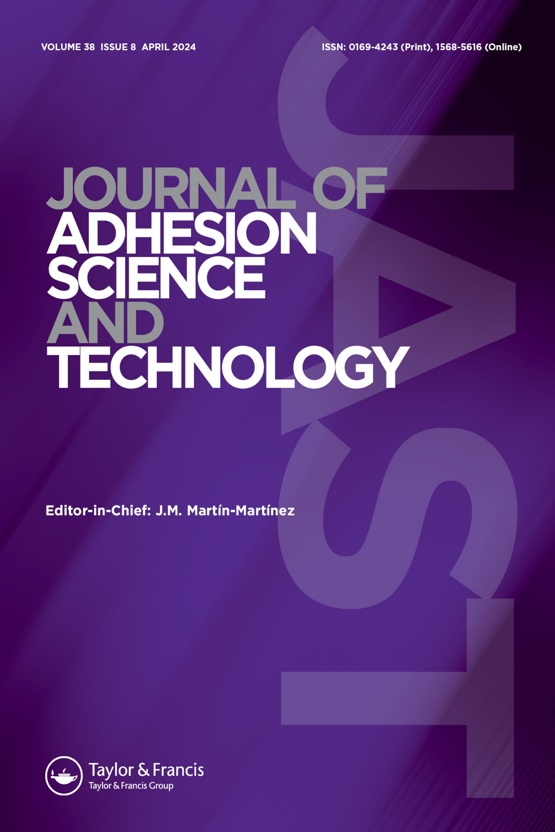Submit a Manuscript to the Journal
Journal of Adhesion Science and Technology
For a Special Issue on
Automation In Sustainable Welding Manufacturing
Manuscript deadline
31 December 2024

Special Issue Editor(s)
Dr. Ankit Sharma,
CURIN, Chitkara University, Patiala, Punjab, India
[email protected]
Dr. Milos Djukic,
Full Professor, University of Belgrade, Faculty of Mechanical Engineering, Department of Engineering Materials and Welding, Belgrade, Serbia
[email protected]
Automation In Sustainable Welding Manufacturing
A crucial manufacturing step that significantly aids in the development of high-value products is welding. Due to the difficult working conditions and ongoing shortage of skilled welders, automation of this process is absolutely necessary for manufacturing to remain competitive. Welding makes up about 50% of all robot applications, according to estimates from the International Federation of Robotics. It is essential to sense and controls the processes that are constantly changing due to the manufacturing conditions, for the efficient and prolonged use of robots and machines in welding and manufacturing, in order to achieve desirable automated sustainable welding manufacturing that reduces emissions. Modern welding technologies are widely applicable in oil and gas, power generation, aerospace, marine, automobile, and construction industries.
This special issue aims to present the most recent discoveries and advancements in numerous areas of automated sustainable welding. The subjects focus on sustainable industry, innovation, and infrastructure and responsible consumption and production, as well as improving implementation strategies and reviving the international partnership for sustainable development.
Topics that are the cores to establish the foundation for enhanced automation of intelligent welding manufacturing include but are not limited to
- Using advanced sensors and sensor networks for weld seam tracking, robotic welding, weld penetration monitoring, and weld pool monitoring
- Conventional and neuro-fuzzy systems for dynamic modelling of welding processes
- Adaptive/nonlinear/robust control of welding processes
- Machine vision and machine learning techniques for advanced monitoring and learning of welding processes
- Human-robot collaborative welding system, human welder modeling, control, and machine-assisted human welder operation
- Welding of addictively manufactured components
- Corrosion and hydrogen embrittlement in welds
- Optimal design of welding processes and procedures using experimental and numerical analysis of welding processes and structures
Looking to Publish your Research?
Find out how to publish your research open access with Taylor & Francis Group.
Choose open accessSubmission Instructions
Word Limits: More than 5000 words
Details of different types of papers: Novel investigations in the domain of sustainable welding manufacturing would be considered.
Special instructions: Select "special issue title" when submitting your paper to ScholarOne's.